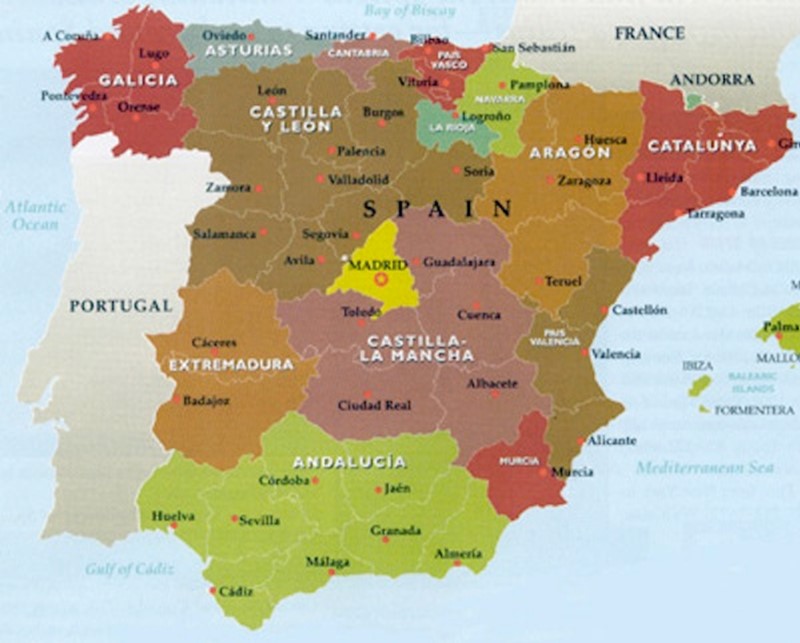
Millions of Catalans voted on Sunday in a symbolic referendum on independence from Spain that supporters hope will propel the issue further despite opposition from Madrid.
The “consultation of citizens” in the wealthy northeastern region follows a legal block by the central government against a more formal, albeit still non-binding ballot which regional leaders had been pushing for originally.
Because of the legal restrictions set on it, the ballot was set up and manned by grassroots pro-independence organizations, and Spanish unionist parties argue that, even for that reason alone, it could not legitimately reflect the wishes of anyone.
The restrictions on the vote also means that the turnout number, more than 2 million of 5.4 million potential voters according to the regional government head Artur Mas, will likely be considered more important than the results of the vote itself, expected tomorrow.
“We have earned the right to a referendum,” Mas told cheering supporters. He qualified the vote as a historic success, setting the stage for a full referendum.
“Once again Catalonia has shown that it wants to rule itself.”
Rafael Catala, Spain's Justice Minister, accused Mas of organizing “an act of pure political propaganda with no democratic validity. A sterile and useless event.” He said the government might take further legal measures against the vote.
The ballot comes after two years of escalating tension between the central and the regional government. The government argues that Catalonia, which makes up about 16 percent of Spain's population, cannot decide something which affects Spain as a whole on constitutional grounds.
Opinion polls show that as many as 80% of Catalans back voting on the issue of Catalonia's status, with about 50% in favor of full independence.


